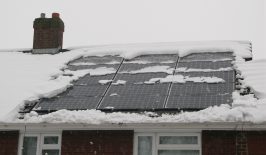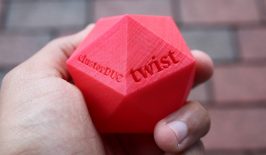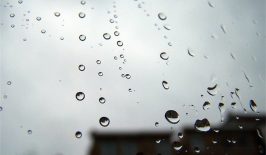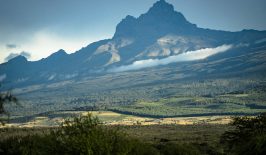Humanitarian aid operations in areas impacted by war or natural disasters face a whole range of different challenges. Most importantly, there is often an immediate need for food and shelter, and those people affected also have to be provided with the most basic of services. However, the impact of the disaster can make the deployment of humanitarian aid that much more difficult. Some regions are difficult to access and in many places the electricity supply is interrupted. Without an energy supply, hospitals and other supply points are only able to partially function, while communication systems – essential in locating endangered individuals and coordinating response – may also be compromised.
In this sense, without electricity emergency services are critically hindered in their work, potentially leaving some communities in vulnerable positions. Although diesel generators can be used to provide electricity on the spot, these require continued fuel supplies, the transportation of which requires logistical and personnel support that could be used elsewhere. And those generators aren’t sustainable in the long term, as well as being damaging to both the environment and human health
Now a US entrepreneur Angelo Campus, has founded the startup BoxPower to provide power supply to sites quickly and easily. And as the name suggests, the power comes from a box – or more precisely from a container usually used for sea freight. It contains everything needed for off-grid power generation: photovoltaic panels, inverters, switch boxes and batteries. The system can be installed within five hours and several systems can be interconnected to meet higher energy needs. One single container can supply five to six households with energy. It also has an intelligent energy management system that allows energy storage to be adapted to future meteorological conditions, maximising energy production and storage.
While studying at Princeton University, Angelo joined a research team that designed rapidly deployable renewable energy systems for disaster relief and rural electrification. This project later became BoxPower. Campus wrote his thesis on energy injustice in reserves in the American Navajo nation, where more than 25 percent of the population has no reliable access to the power grid. This experience led him to the idea of supplying remote locations with clean, affordable energy – all within a box the size of a freight container. Not only can communities that are not connected to the power grid benefit from such containers, they can also be used for agricultural purposes in remote areas or even to power festivals and events.
The containers are also purpose built for ease of transportation and can provide shelter on site, meaning they could be ideal for humanitarian aid operations. For example, when Hurricane Maria raged in the Caribbean in 2017, widespread power outrages resulted due to the destruction and felling of power lines. BoxPower was put to use in Puerto Rico, allowing communities which had been separated from the power grid for almost eight months to once again have access to electricity.
In the past, RESET has looked at other innovative solutions to the unique problems caused by environmental disasters. For example, Project Owl – which won IBM’s Disaster Relief Hackathon – looks to create floating wifi networks in areas hit by major flooding, and Field Ready, who are using 3D printers to instantly produce medical equipment.
This is a translation of an original article which first appeared on RESET’s German-language site.






